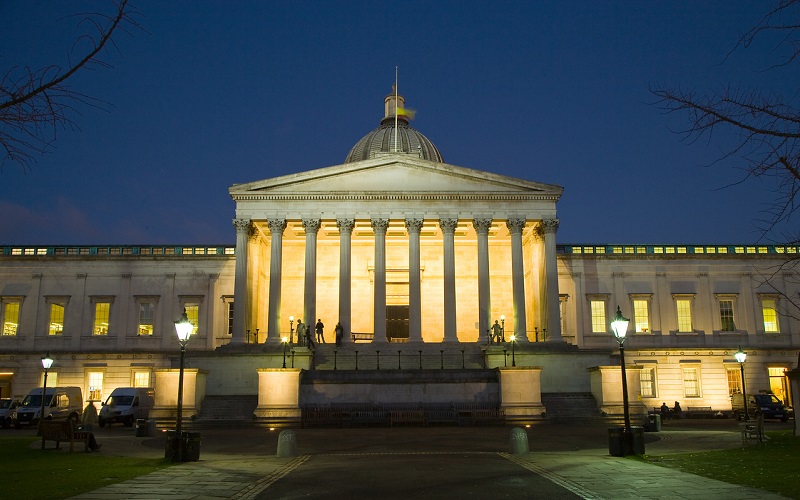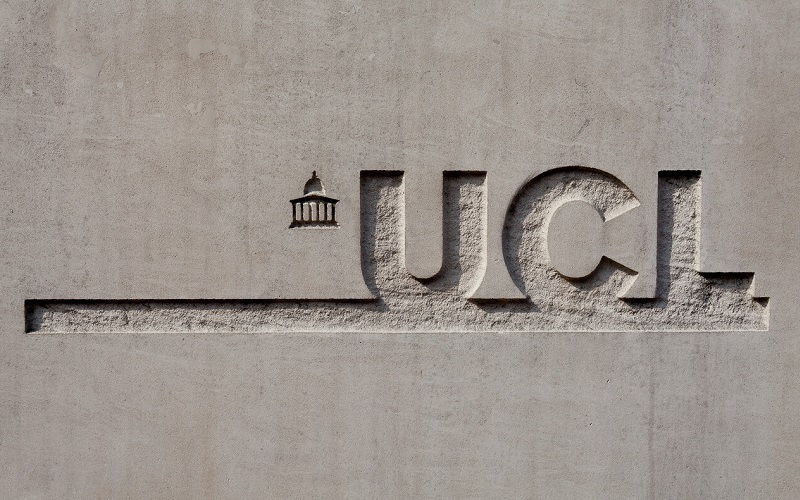About the Department
Before the foundation of UCL in 1826, the benefits of a university education in England were available only to men and only to those who were members of the Church of England. UCL, the first university established in England after Oxford and Cambridge, was founded to provide academic opportunities to non-Anglicans and placed no restrictions on race, class or religion of its students. In 1878, it also became the first British university to admit women on equal terms to men. Its academic programme was also innovative in its recognition of new disciplines, including many of the social sciences.
The Chair of Political Economy at UCL was created in 1828 with the help of funds raised in memory of David Ricardo, establishing one of the first departments of economics in England. Here you can read the letter from Jean-Baptiste Say to Jeremy Bentham regarding the establishment of the Department of Economics.
 Close
Close







